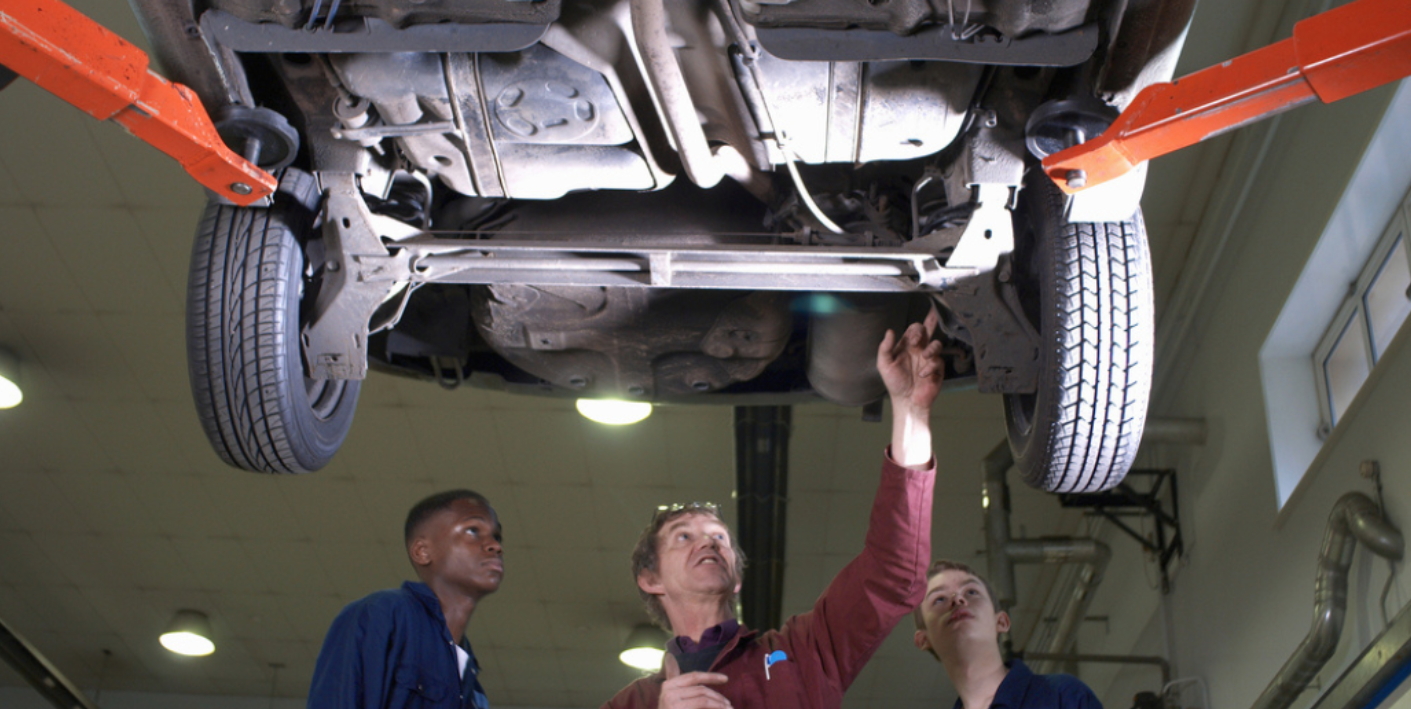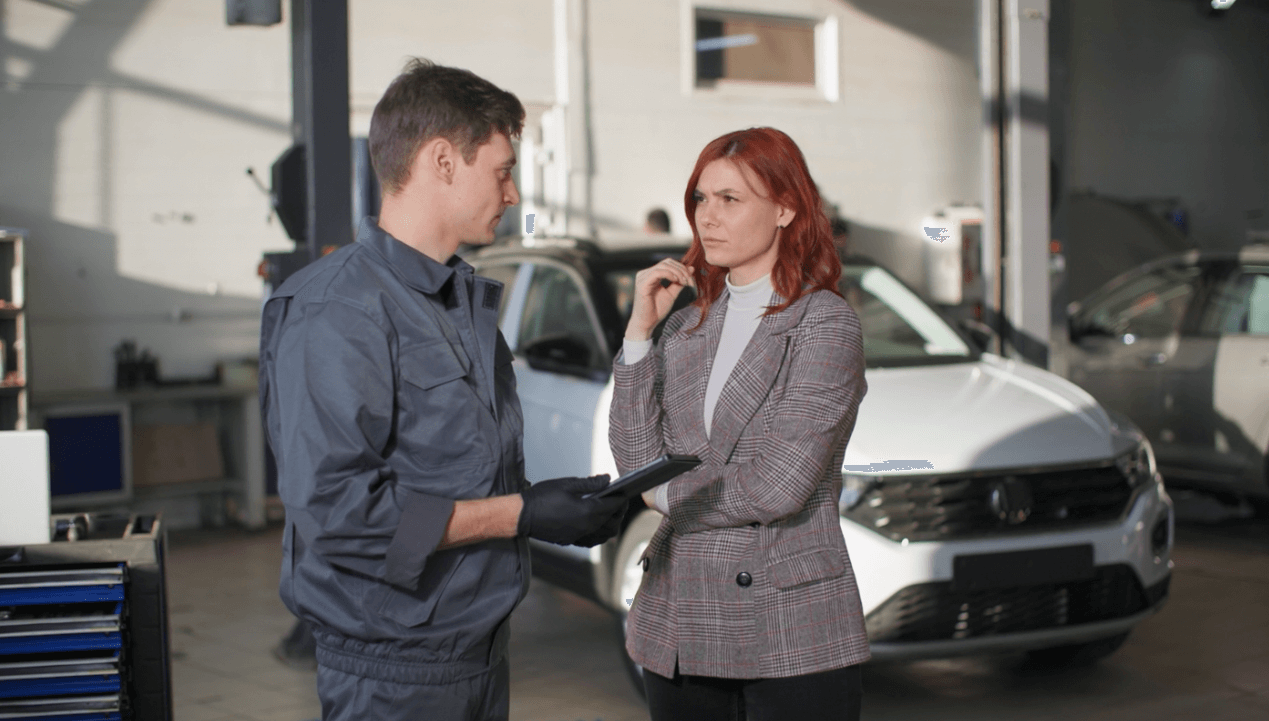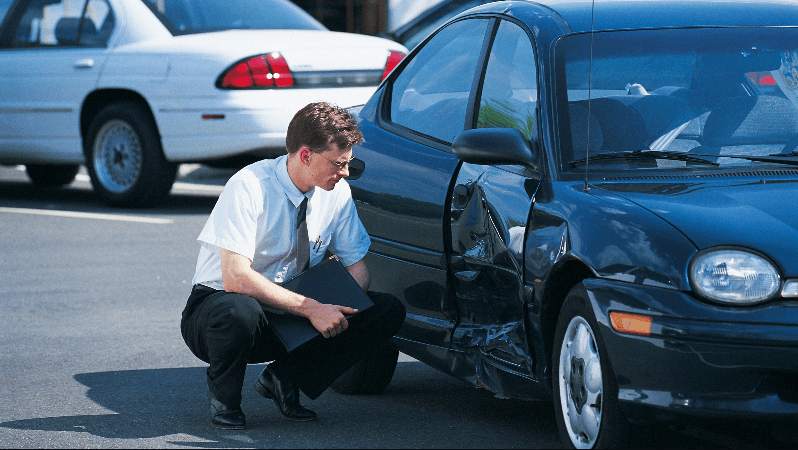A car accident can have a lasting impact on your vehicle’s resale value, even after the repairs are complete. Potential buyers and insurance companies take accident history into serious consideration when determining the car’s worth.
This article explores how accidents affect your car’s value, the role of diminished value claims, and what steps you can take to protect your investment.
DOWNLOAD: “How Does a Car Accident Affect Your Car’s Resale Value?”.PDF
Understanding Diminished Value
What is Diminished Value?
Diminished value refers to the loss in a vehicle’s market value after it has been involved in an accident and repaired. Even if a car is restored to its original condition, the simple fact that it has an accident history can significantly lower its resale price. There are three main types of diminished value:
- Repair-Related Diminished Value: This occurs when the quality of the repairs impacts the car’s resale value. For example, visible signs of cosmetic damage or structural damage that was poorly repaired can deter prospective buyers.
- Immediate Diminished Value: The reduction in a car’s value immediately after an accident, regardless of repairs.
- Inherent Diminished Value: The loss of value due to the stigma of an accident history, even if the car was repaired perfectly.
Factors That Influence Resale Value Post-Accident
Accident History
A vehicle’s accident history is one of the first things potential buyers check. Platforms like Carfax and AutoCheck provide detailed history reports that highlight accidents, repairs, and maintenance. A major accident or frame damage on record can be a red flag for prospective buyers.
Cost of Repairs
The cost of repairs plays a critical role in determining diminished value. Minor accidents that require minimal repairs will likely have a smaller impact on resale price compared to a major accident involving damage to structure. However, even moderate damage can lower the pre-accident value of your car.
Type of Damage
- Minor Damage: Scratches, dents, and other minor damages might seem insignificant, but they still affect resale value due to the accident history.
- Moderate Damage: More extensive repairs can deter buyers, especially if they involve suspension or drivetrain issues.
- Structural Damage: Significant damage to the car’s frame or chassis can reduce its resale price by thousands of dollars. The extent of damage and whether it’s properly repaired are crucial factors.
Role of Insurance in Diminished Value Claims
Filing a Diminished Value Claim
Insurance companies may compensate for diminished value if your car’s worth has decreased post-accident. To file a claim, you’ll need an accurate valuation of the vehicle’s pre-accident value and its current value after repairs. Diminished value compensation can be critical in offsetting the difference in resale value.
Statute of Limitations
Be aware of the statute of limitations in your state for filing a diminished value claim. Acting promptly after an accident is crucial to securing fair compensation.
Dealing with Insurance Adjusters
Insurance adjusters often attempt to minimize payouts. It’s essential to provide detailed documentation, including repair bills, photos of the damage, and expert appraisals, to strengthen your claim. Work with an auto insurance company that understands fair market evaluations and diminished value claims.
How to Protect Your Car’s Resale Value
Keep Detailed Records
Maintain all documentation related to repairs, including receipts and invoices. This helps demonstrate that the car was restored to its original condition and can mitigate some concerns from potential buyers. Providing a complete damage history along with repair details can reassure prospective buyers.
Choose Quality Repairs
Opt for a reputable repair shop that uses original equipment manufacturer (OEM) parts and specializes in high-quality work. Repair-related diminished value often stems from subpar repairs, which can further harm your car’s resale price.
Negotiate a Fair Settlement
When filing an insurance claim, ensure that you’re compensated not only for the cost of repairs but also for the diminished value. Consult with an appraiser for an accurate valuation of your car’s post-accident worth. Highlight the extent of damage and the specific impact on the car’s resale or trade-in value.

Impact of Fault Party
If the accident was caused by another driver (the fault party), you may be eligible to recover diminished value through their insurance policy. This can provide an additional source of compensation for the loss in resale value. Property damage claims often include diminished value as a component of compensation.
What Prospective Buyers Look For
History Report
A clean history report can make or break a sale. Even minor accidents can appear on history reports, influencing how potential buyers perceive the car.
Resale Price
Buyers will compare your car’s resale price against similar vehicles without accident histories. This comparison often highlights the financial impact of an accident.
Original Condition
Restoring your car to its original condition can improve its appeal, but it’s unlikely to erase the stigma of an accident. Severe depreciation is common for vehicles with major accident histories.
Conclusion
A car accident can significantly affect your vehicle’s resale value, whether it involves minor damage, moderate damage, or major accidents. Filing a diminished value claim with your insurance providers, keeping detailed records, and ensuring high-quality repairs are crucial steps to protect your investment.
Remember, even with these precautions, the accident history may still deter prospective buyers and lower the resale price. What steps will you take to ensure fair compensation and protect your car’s value after an accident?





